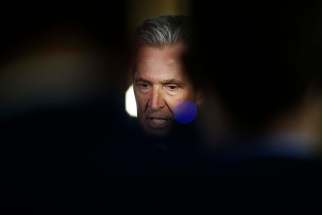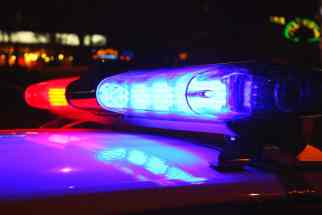Charged up over change Neepawa's MJHL team will soon unveil its new name and logo after decades as the Natives; despite some initial opposition, there's a general sense the move will benefit all in the community
Read this article for free:
or
Already have an account? Log in here »
To continue reading, please subscribe:
Monthly Digital Subscription
$0 for the first 4 weeks*
- Enjoy unlimited reading on winnipegfreepress.com
- Read the E-Edition, our digital replica newspaper
- Access News Break, our award-winning app
- Play interactive puzzles
*No charge for 4 weeks then price increases to the regular rate of $19.00 plus GST every four weeks. Offer available to new and qualified returning subscribers only. Cancel any time.
Monthly Digital Subscription
$4.75/week*
- Enjoy unlimited reading on winnipegfreepress.com
- Read the E-Edition, our digital replica newspaper
- Access News Break, our award-winning app
- Play interactive puzzles
*Billed as $19 plus GST every four weeks. Cancel any time.
To continue reading, please subscribe:
Add Free Press access to your Brandon Sun subscription for only an additional
$1 for the first 4 weeks*
*Your next subscription payment will increase by $1.00 and you will be charged $16.99 plus GST for four weeks. After four weeks, your payment will increase to $23.99 plus GST every four weeks.
Read unlimited articles for free today:
or
Already have an account? Log in here »
Hey there, time traveller!
This article was published 30/03/2021 (1718 days ago), so information in it may no longer be current.
It was Aug. 12, 2020 and Ken Pearson was in the centre of a storm.
A year earlier, he had been hired to return to his hometown as the head coach and general manager of the MJHL’s Neepawa Natives but the grumbling at the club’s annual general meeting that day had nothing to do with the club’s last-place finish in 2019-20.
Weeks earlier, the board of the community-owned franchise announced its intention to change its nickname and logo in response to a growing demand for action.
The team’s name and branding was considered inappropriate and offensive by some. Others weren’t convinced.
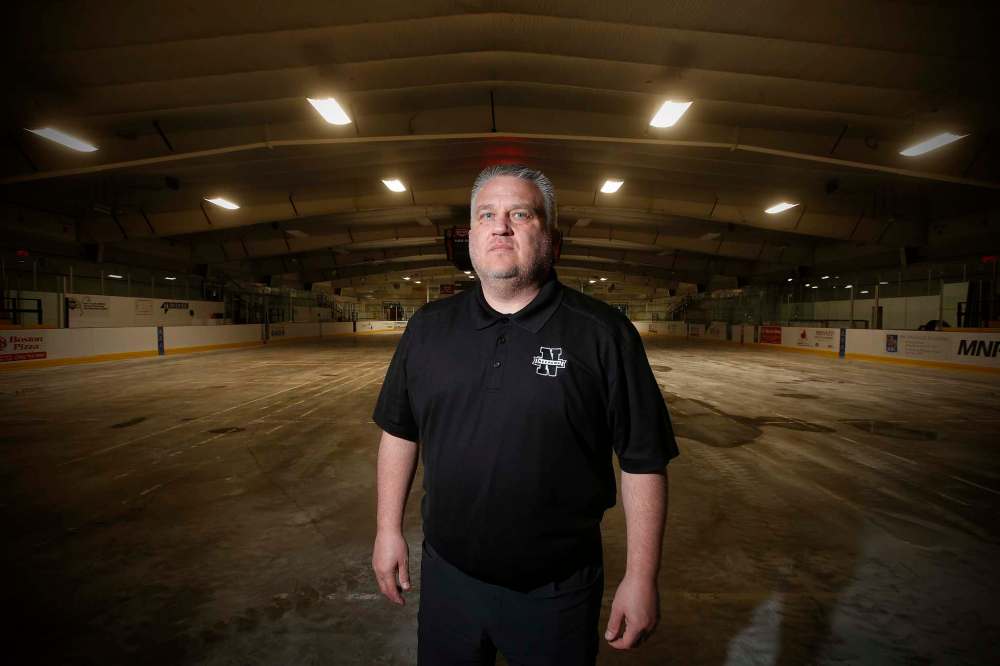
“(There were) questions from the floor, saying ‘This is bulls–t. Why don’t people mind their own business? There’s nothing wrong with our name,'” remembers longtime board member Dave McIntosh, who served as president of the club from 2010 to 2015. “And each person had woven a cocoon around themselves as to why they felt the Neepawa Natives name is good and they had all of the reasons to back it up.
“But I can remember Kenny handled it well. He said, ‘Look, it’s just time for us to move on from that and make the name a non-issue.’”
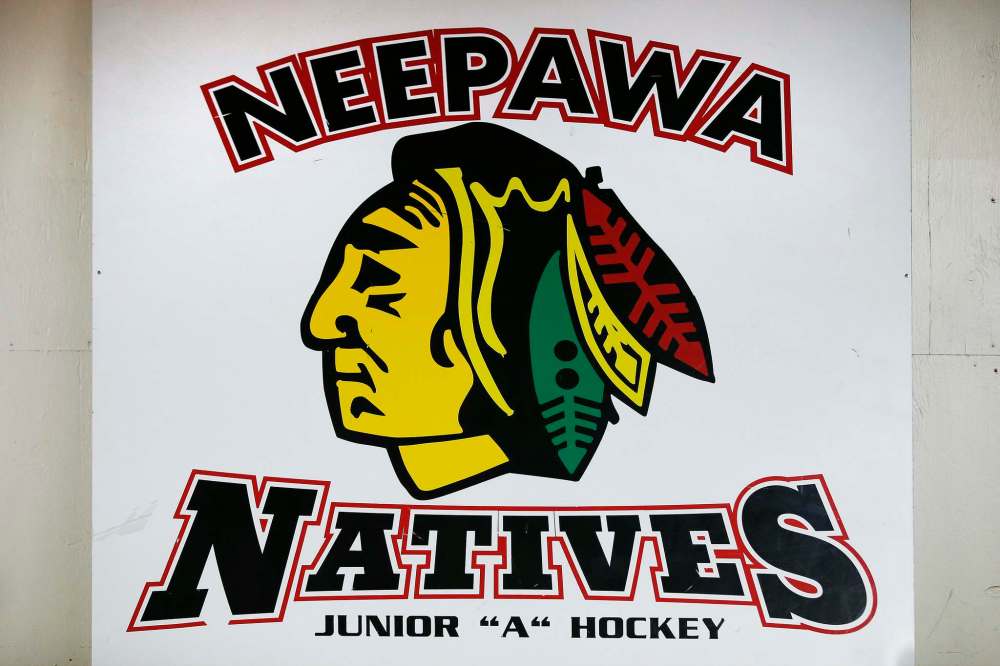
The removal of racially offensive sports nicknames has gained momentum in recent years, culminating in 2020 with the CFL’s Eskimos, NFL’s Redskins and Major League Baseball’s Indians all being purged by their respective teams in Edmonton, Washington and Cleveland.
Defusing the nickname controversy will be something Neepawa will be hoping to achieve next month when it announces the results of a nine-month process to revamp its image with a new nickname, logo and branding.
Dozens of names were considered and the club’s board of directors recently chose the winner, still under wraps, from a short list of proposals, some coming from polls on social media and others as write-in candidates from the public.
Some suggestions, such as the Neepawa Nightmares, Neepawa Baconeers (a nod to the town’s hog plant) and Neepawa Narwhals, provided the six-member selection committee with some laughs but had no chance of being included on the list of 10 semifinalists.
Monikers such as Glacier Kings and Mountain Kings were more seriously considered.
The top 10 included the Salt Miners, Pioneers, Titans, Natives (yep, some folks still couldn’t let it go), Bulls, Generals, Valour, Thunder, Salt Dogs and Knights. A representative of the club reached out to the owners of the OHL’s London Knights to ask about potential copyright infringement, but received no response, effectively ending its candidacy.
The list was later whittled down to more manageable selection.
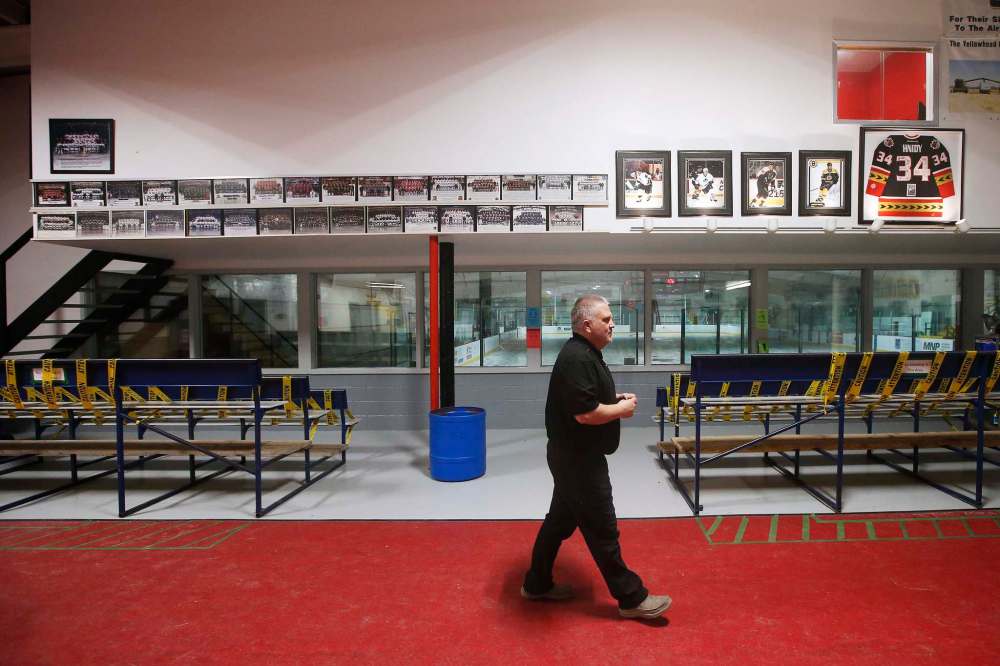
Pearson grew up in town and spent three seasons with the Natives in the early 1990s. “I was a depth-guy role player, did as I was told,” he says. Now 47, he’s philosophical about the need for change.
“You rip a scab off a cut, there’s bleeding for a while but eventually, if you do the proper things, you’re gonna stop that bleeding and everything’s gonna be healed and that’s what we’re working towards right now,” he says.
Truth is, Hockey Manitoba was already making it clear a year ago that teams would eventually be required to change nicknames and logos deemed offensive, bringing pressure to bear on the South Eastern Manitoba Hockey League’s Morden Redskins to rethink years of resisting calls for a new name. The team has since been renamed the Bombers.
Coincidentally, Morden’s senior baseball team revealed last week it has dropped the Mohawks nickname, replacing it with Mudhens.
In January, Hockey Manitoba voted to amend its constitution requiring changes to be made on demand. That policy will be officially enacted this fall and so, any resistance would only be forestalling the inevitable.
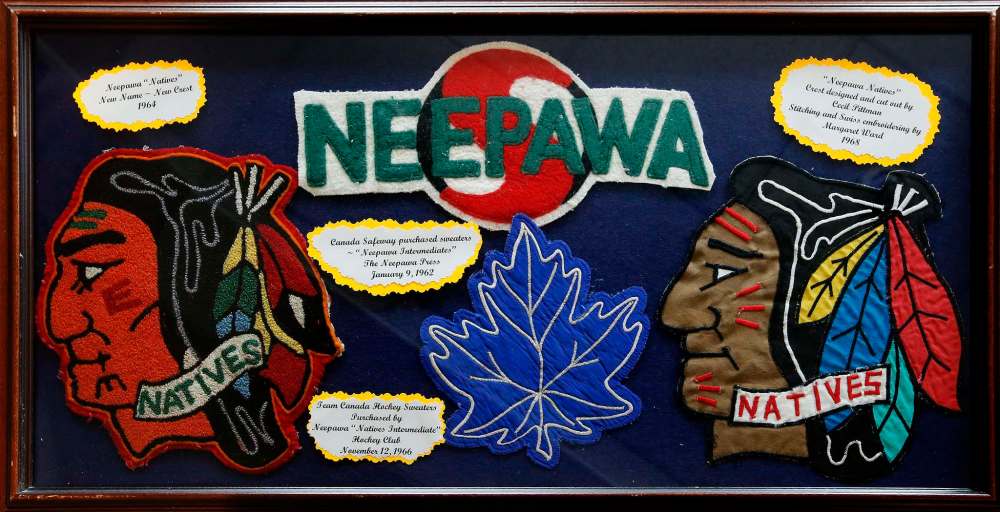
For many older fans, many who recalled the Natives nickname first being used with the town’s senior team in the early 1960s, there was no racist intent.
“We tried to explain to everyone why and how the process was going to take place,” says Pearson. “Some people are never going to get over it. There will always be some people that will say on Friday night, ‘Are you going to the Natives game?’…. For our younger generation of fans, the new name is going to be the one they embrace and be proud of it. That’s kind of what we’re looking forward to here.”

The logo — essentially a borrowing of the Chicago Blackhawks famous logo with a different colour scheme — has its defenders.
“I always thought it was never a caricature,” says Myles Cathcart, a Neepawa Collegiate teacher who served as the club’s GM from 2007 to 2015. “It was never a derogatory symbol like some of the (logos) are. I thought it was a very respectful looking type of a symbol. In my mind, it was going back to the original meaning or intent — the Native sons of Neepawa, which is where the named evolved from in the early ’60s.”
Amanda Naughton-Gale, a 17-year Neepawa resident, believes the history of nickname and logo is beside the point.
“It felt that to me that the team wasn’t really keen on making any sort of change and they didn’t realize maybe the need or… what those kinds of images mean to other people outside of the community and in the community,” says Naughton-Gale, who serves as community ministries director at the local Salvation Army. “We’re becoming a very diverse community but we’ve had members of the Indigenous population living in our community for years and years and years.”
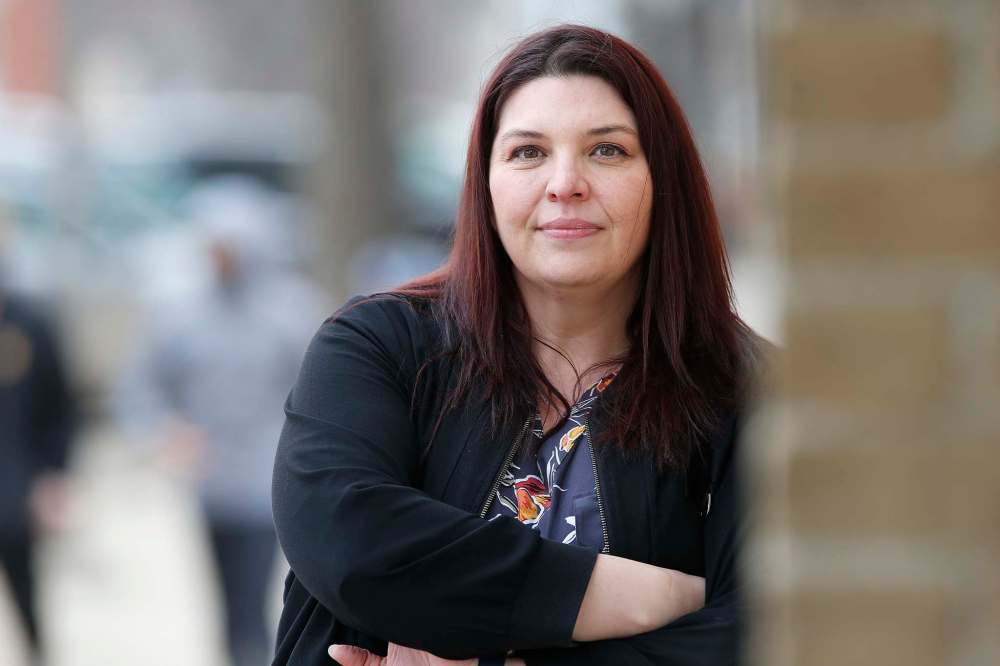
The 49-year-old Cathcart’s connection to the team runs deep.
His dad, Lawrence, was the club’s GM when it entered the MJHL in 1989-90 and Myles played three seasons for Neepawa and spent another 20 seasons serving in a variety of functions.
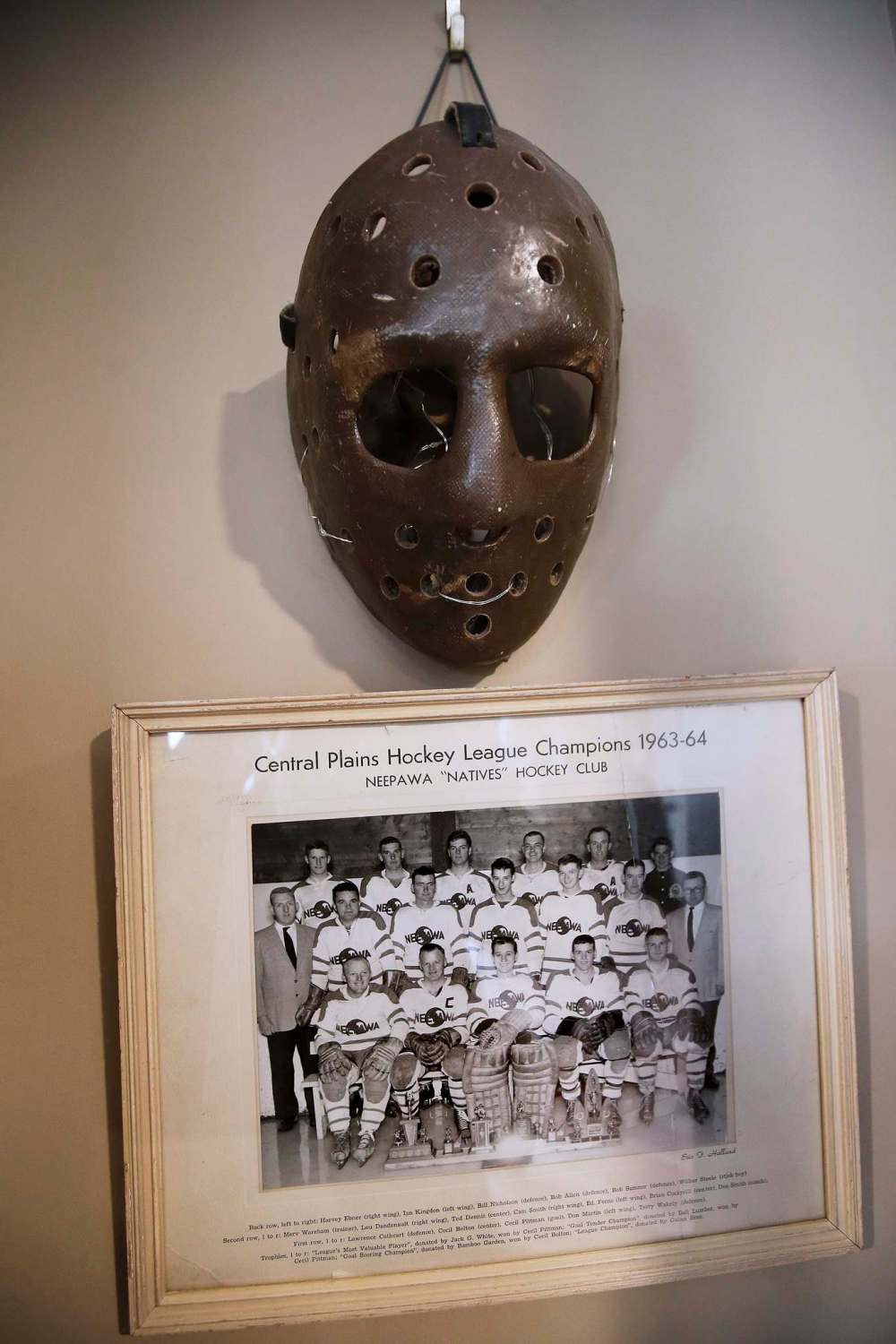
Local minor hockey teams have also used the Natives name and logo — a practice that will end when the club formally announces its rebranding.
“I don’t know if people are angry about it,” says Cathcart. “Some people are disappointed it’s changing and there’s probably some that are happy it’s changing, right? The base of our population is a quite a bit different than it used to be. I wouldn’t say hockey would be the No. 1 game in town, per se… with our new Filipino population (drawn to jobs at the hog plant), basketball is pretty big. There’s lots of basketball in the community.”
McIntosh, meanwhile, supported the Natives name and logo based in part on his experience as president in 2004.
The club was making preparations to host the MJHL all-star game in 2005 when the title sponsor of the event, Manitoba Hydro, raised an objection to being associated with the Natives nickname.
McIntosh reached out to Sandy Bay First Nation chief Irvin McIvor and representatives of the band-owned Waywayseecappo Wolverines, OCN Blizzard and Southeast Blades, asking if they objected to the nickname.
“I’ve got letters from these guys saying that they have absolutely no issue at all with the term Natives,” says McIntosh, 67.
When told of that support from Indigenous leaders, Manitoba Hydro dropped its objections and the event went ahead as scheduled.

While McIntosh appreciates the soon-to-be discontinued name and has great appreciation for the team’s folklore, he believes there is real significance to a new name.
“The letters serve to justify that at the time we did our due diligence,” he says. “This is something we did to reach out to our partners and our partners, basically verified the fact that they didn’t have any problem with our name. But fast-forward to 2021, we’ve got a local group that runs the hockey club that’s committed to changing the name and they’ve been through a process.
“I don’t want to be characterized as an individual who’s saying, ‘Hey, we shouldn’t be changing this name,’ because I’m all for it. If that’s what progress is…. But for where we are now and where the team has to go, a name change is going to be beneficial and I’m all for it.”
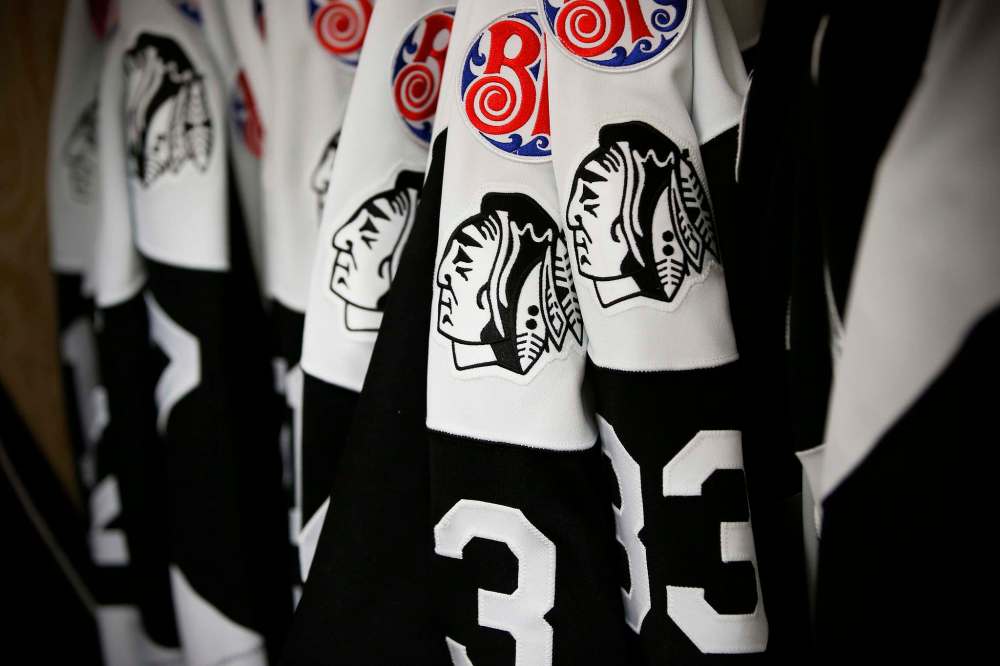
For a former player such as Barry Little, who played his over-age year in Neepawa during the 1992-93 season, there is an ambivalence about the need for change.
Little, whose mother came from Nisichawayasihk Cree Nation, 80 kilometres northwest of Thompson, moved south to attend Brandon University that year and still relishes his memories of playing in the farming community of 3,300.
The hockey was good and the local hospitality suited him, too.
“Other people may have different opinions but (the nickname) never really bothered me,” says the 48-year-old, who grew up in Thompson but is now based in Calgary, where he works for a pipeline inspection company. “I was kind of disappointed that they’re changing it because it’s been there for 30-some years, right? There’s discrimination and racism everywhere but when I was there I had no issue with that.”
Dropping the name means losing some of the history he shared with his teammates.
“As alumni, do you really want to see the name change?” says Little. “That’s what you were, you played there, there’s a history, right? But it’s exciting, too, you know. I understand what the world is coming to right now with more racism and what’s gone on in the last year, but there wasn’t like anything like that for me.”
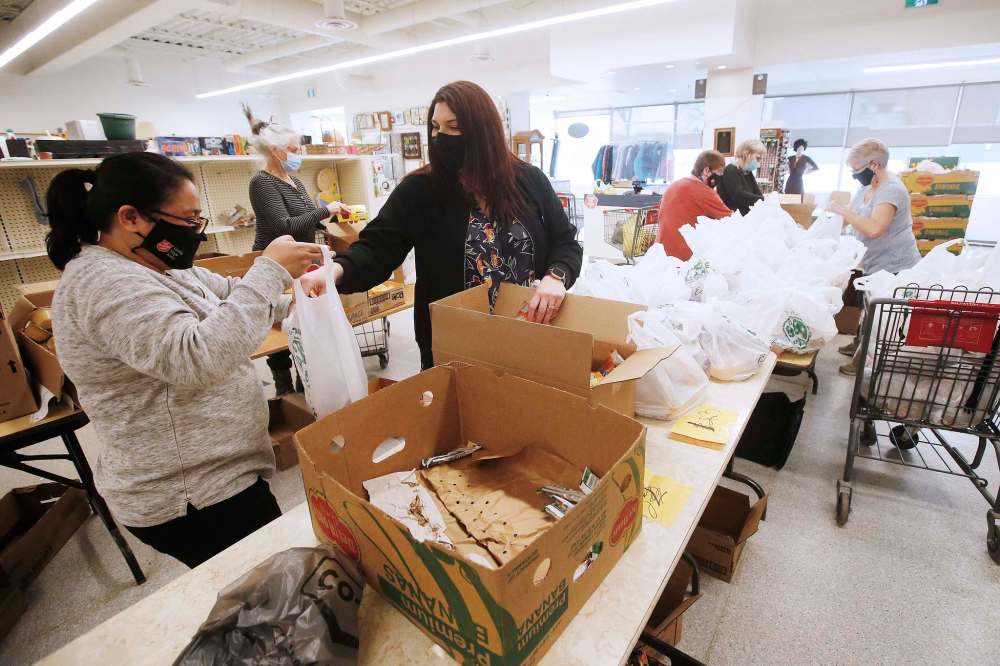
Naughton-Gale sees great value in the hockey team loosening its grip on the past. Even so, the club and the Salvation Army have a strong relationship: players are routinely tapped for volunteer duty such as delivering Christmas hampers.
“I enjoy hockey and hockey is a great thing for the community but there’s a lot of of baggage that comes with hockey as well,” she says. “Whether that’s the culture and old culture that is changing and the team has faced some of that ‘old boys club’ kind of culture. And I think this is a really good opportunity for them and the community really to kind of move past some of that and to look at hockey as a community asset. Team sports are fantastic and hockey has its place, but it can be very exclusive rather than being inclusive.”
For his part, Pearson wants to announce the new name and logo soon, and in a manner befitting news of this magnitude. Current pandemic health restrictions, however, do not permit a big public celebration but an early to mid-April rollout is being planned.
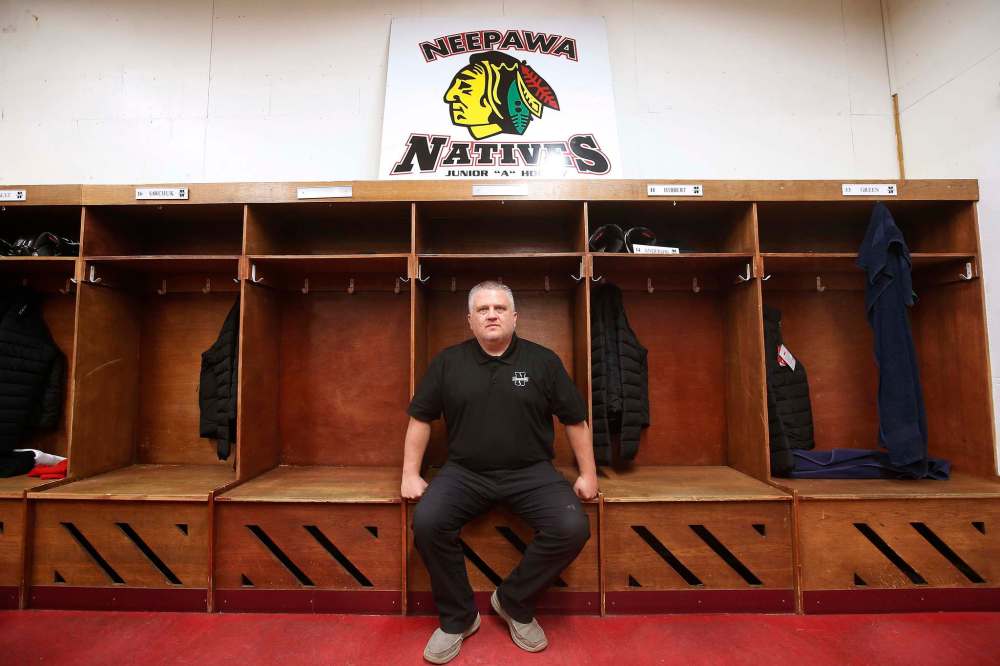
Cathcart notes that time marches on, but he remains keenly interested in the past and the contributions the hockey team has made to the fabric of the community.
“They can do whatever they want to and change the name but for me and my family, that’s always going to be the name,” he says. “It’s not like you’re going to be crying yourself to sleep or any of that kind of stuff but, to me it’s pretty important. But I do understand it — that’s what 2021 is all about.”
mike.sawatzky@freepress.mb.ca
Twitter: @sawa14

Mike Sawatzky
Reporter
Mike has been working on the Free Press sports desk since 2003.
Our newsroom depends on a growing audience of readers to power our journalism. If you are not a paid reader, please consider becoming a subscriber.
Our newsroom depends on its audience of readers to power our journalism. Thank you for your support.


